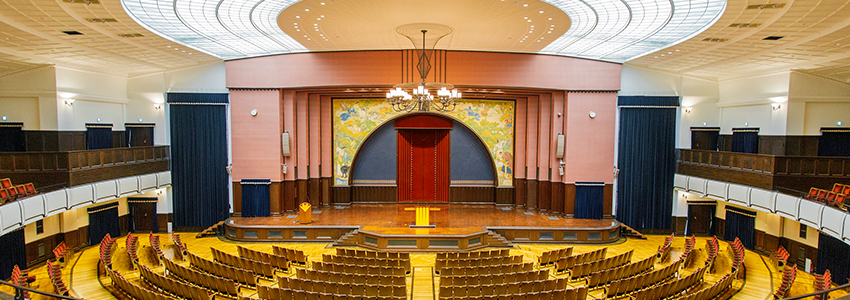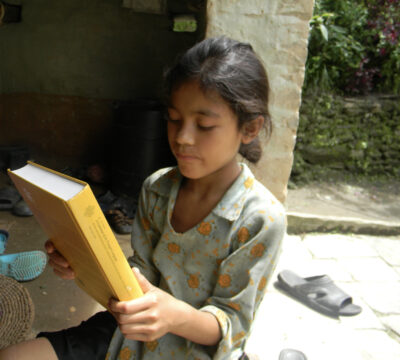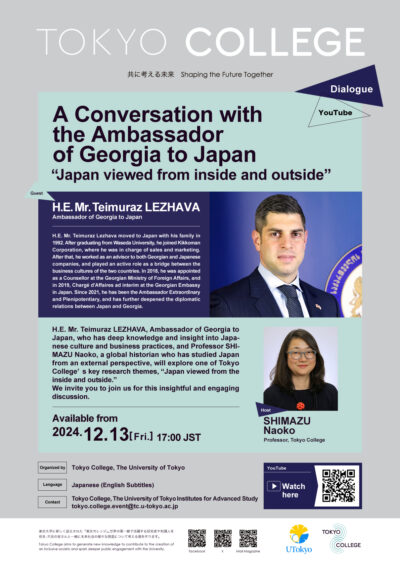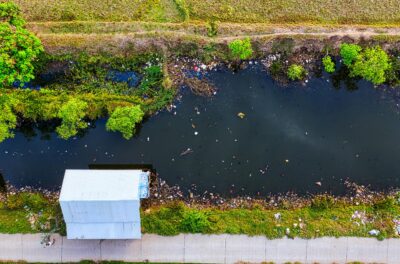Japan’s Consumption Tax after the Landslide: Relief, Reform, or Both? (Lecture by Ushioda Fellow Michael KEEN)
イベント予定講演会/LectureThursday, March 5, 2026, 13:00-14:30 JST (Doors Open at 12:30)
Following LDP's historic landslide victory in Japan’s lower house election, the Takaichi administration starts deliberating a temporary consumption tax cut, which LDP pledged during the campaign. This seminar examines what these promises imply for Japan’s consumption tax system and fiscal structure more broadly. Will this be just a short-term relief measure or the first step toward deeper reform, or a combination of both?
On the Uses of the Concept of Transition (Lecture by Prof. Catherine VILLARD)
イベント予定講演会/LectureWednesday, March 25, 2026, 14:00-15:00 JST
The concept of transition, derived from the Latin transire, meaning “to change state,” has been employed across a wide range of fields since the nineteenth century. In contemporary discourse, it is most often associated with climate change and the notion of an “energy transition.” This lecture introduces the concept of power transition – understood as energy flow over time – to account for the rapid acceleration of eco-social change since the mid-twentieth century. It examines the unprecedented challenge of voluntarily moving away from highly powerful fossil fuels. Moving beyond purely techno-solutionist approaches, the seminar emphasizes the central role of social and human innovation. Adapting to renewable and fluctuating energy sources will require a profound rethinking of lifestyles, drawing inspiration from the long-term resilience of living organisms.






















